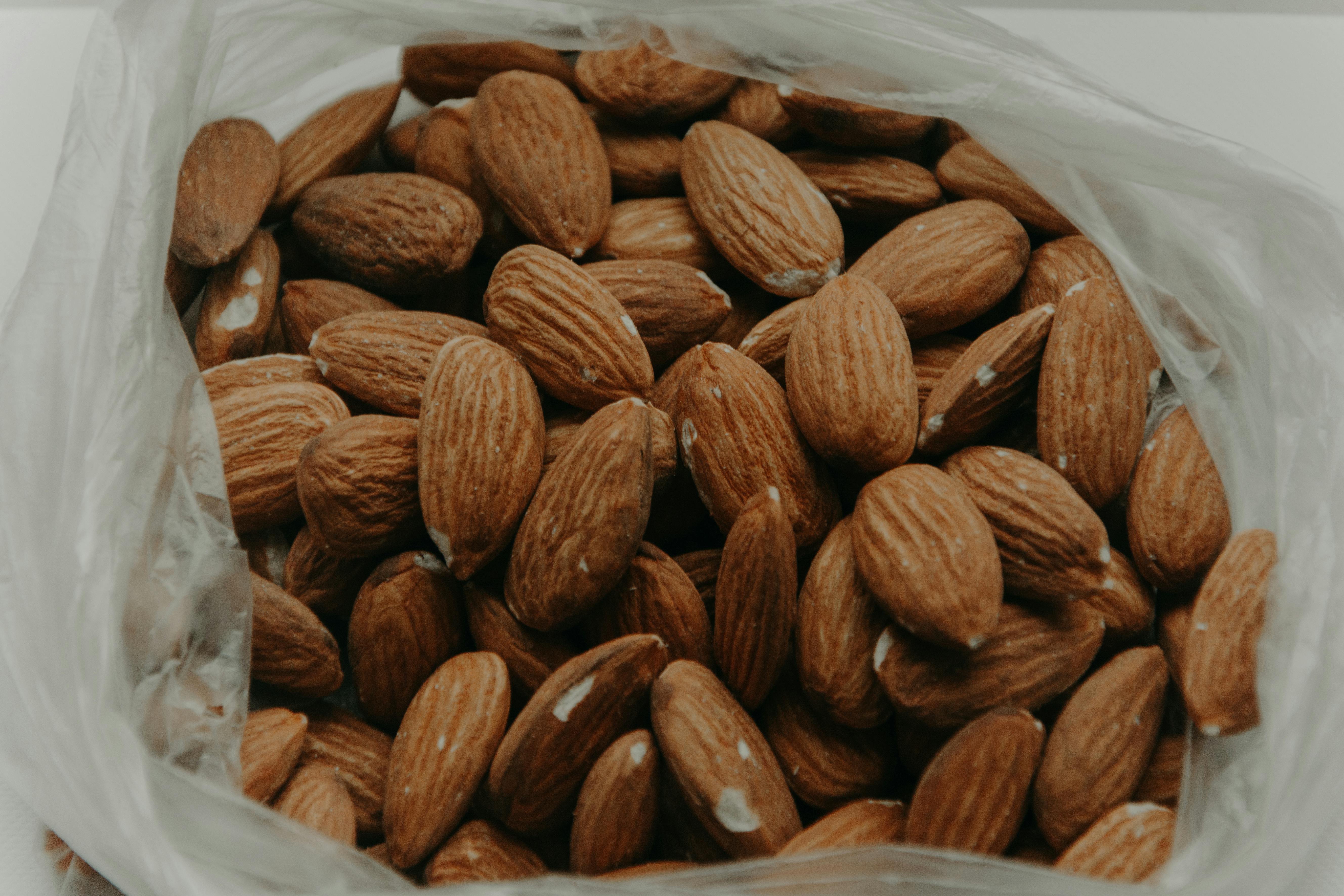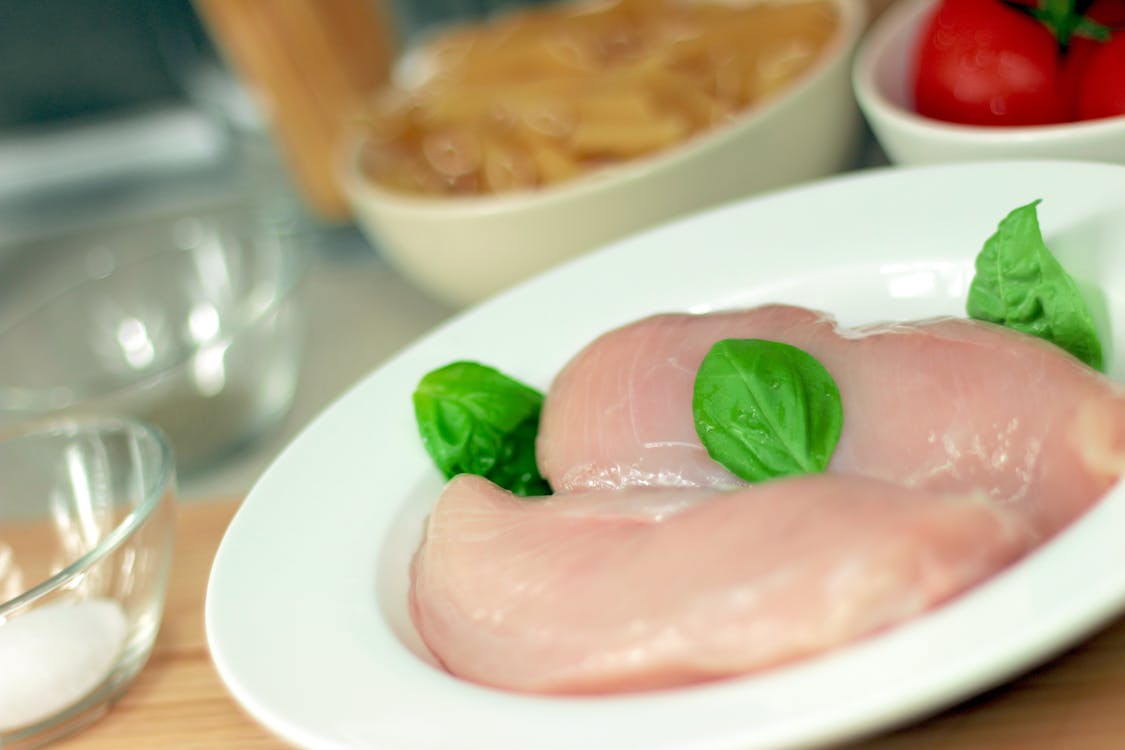How much protein should I eat daily? High protein Diet !
Protein Intake Quantity
Proteins are large biomolecules and macromolecules that consist of one or more long chains of amino acid residues. These amino acid chains are called polypeptides. Let’s explore the fascinating world of proteins:
Factors On Which Protein Intake Depend?
- Age =?
- Sex =?
- Weight =?
- Workout =?
Understanding Protein Needs
The Recommended Dietary Allowance (RDA) for protein is 0.8 grams per kilogram of body weight1. This is the minimum amount needed to meet your basic nutritional requirements and prevent deficiency. However, this is a baseline and the actual amount you need may be higher, especially if you are physically active, pregnant, or elderly.
Calculating Your Daily Protein Intake
To calculate your daily protein needs, you can use the following formula:
For those who use pounds, the formula is:
For example, a sedentary woman weighing 140 pounds would need about 53 grams of protein per day2.
Protein Intake for Active Individuals
If you’re an active adult, you might need more protein to support muscle repair and growth. It’s suggested that you consume protein throughout the day’s meals and snacks for maximum effectiveness.
Special Considerations
- Pregnancy: During pregnancy, protein needs increase to support fetal development. Experts recommend 75 to 100 grams of protein per day during this time2.
- Elderly: Older adults may need more protein to preserve muscle mass and strength.
- Weight Management: A higher protein intake can aid in weight loss by boosting metabolism and reducing appetite3.
Sources of Protein
Protein can be found in both animal and plant sources. Animal-based proteins, such as meat, dairy, and eggs, typically contain all essential amino acids. Plant-based proteins, like beans, lentils, and nuts, can also provide the necessary amino acids when consumed in a varied diet.
Here are 16 delicious food that contains high protein.
Eggs:
- Whole eggs are not only a good source of protein but also provide vitamins, minerals, healthy fats, and antioxidants. One large egg contains 6.3 grams of protein1

- Whole eggs are not only a good source of protein but also provide vitamins, minerals, healthy fats, and antioxidants. One large egg contains 6.3 grams of protein1
Almonds:
- Almonds are nutritious tree nuts rich in essential nutrients like fiber, vitamin E, manganese, and magnesium. They also offer plant-based protein. One ounce (28.35 grams) of almonds provides 6 grams of protein1.
- Almonds are nutritious tree nuts rich in essential nutrients like fiber, vitamin E, manganese, and magnesium. They also offer plant-based protein. One ounce (28.35 grams) of almonds provides 6 grams of protein1.
Chicken Breast:
- Chicken breast is an excellent choice for increasing protein intake. It also provides B vitamins, zinc, and selenium. Half of a chicken breast (86 grams) contains 26.7 grams of protein1.
- Chicken breast is an excellent choice for increasing protein intake. It also provides B vitamins, zinc, and selenium. Half of a chicken breast (86 grams) contains 26.7 grams of protein1.
Cottage Cheese:
- Cottage cheese is low in fat and calories but high in protein. It’s rich in calcium, phosphorus, selenium, vitamin B12, and riboflavin. One cup (226 grams) of cottage cheese provides 28 grams of protein1.
- Cottage cheese is low in fat and calories but high in protein. It’s rich in calcium, phosphorus, selenium, vitamin B12, and riboflavin. One cup (226 grams) of cottage cheese provides 28 grams of protein1.
Greek Yogurt:
- Greek yogurt is another dairy product packed with protein. It’s also a good source of probiotics. Enjoy it as a snack or in smoothies.
- Greek yogurt is another dairy product packed with protein. It’s also a good source of probiotics. Enjoy it as a snack or in smoothies.
Fish:
- Fatty fish like salmon and tuna are not only high in protein but also rich in omega-3 fatty acids. These support heart health and brain function.
- Fatty fish like salmon and tuna are not only high in protein but also rich in omega-3 fatty acids. These support heart health and brain function.
Lean Beef:
- Lean cuts of beef provide protein, iron, and zinc. Opt for grass-fed or organic beef when possible.
- Lean cuts of beef provide protein, iron, and zinc. Opt for grass-fed or organic beef when possible.
Lentils:
- Lentils are legumes that offer both protein and fiber. They’re versatile and can be used in soups, stews, and salads.
- Lentils are legumes that offer both protein and fiber. They’re versatile and can be used in soups, stews, and salads.
Quinoa:
- Quinoa is a complete protein, meaning it contains all essential amino acids. It’s a great grain alternative.
- Quinoa is a complete protein, meaning it contains all essential amino acids. It’s a great grain alternative.
Pumpkin Seeds:
- Pumpkin seeds (pepitas) are a tasty snack and provide protein, healthy fats, and minerals.
- Pumpkin seeds (pepitas) are a tasty snack and provide protein, healthy fats, and minerals.
Turkey Breast:
- Turkey breast is lean and protein-packed. It’s a great option for sandwiches or salads.
- Turkey breast is lean and protein-packed. It’s a great option for sandwiches or salads.
Shellfish:
- Shellfish like shrimp, crab, and mussels are rich in protein and other nutrients.
- Shellfish like shrimp, crab, and mussels are rich in protein and other nutrients.
Nuts:
- Besides almonds, other high-protein nuts include pistachios and cashews.
- Besides almonds, other high-protein nuts include pistachios and cashews.
Ezekiel Bread:
- Ezekiel bread is made from sprouted grains and provides protein along with fiber.
- Ezekiel bread is made from sprouted grains and provides protein along with fiber.
Tempeh:
- Tempeh is a fermented soy product with a nutty flavor and high protein content.
- Tempeh is a fermented soy product with a nutty flavor and high protein content.
Spirulina:
- Spirulina is a blue-green algae that offers protein and various vitamins and minerals.
- Spirulina is a blue-green algae that offers protein and various vitamins and minerals.
Conclusion
It’s important to balance your protein intake with other nutrients and consider your personal health goals and lifestyle. Always consult with a healthcare provider or a nutritionist to determine the optimal protein intake for your individual needs.
Remember, while protein is essential, more is not always better. Aim for a balanced diet that meets all your nutritional requirements for the best health outcomes.
Stay Connected For More Updates

















.png)
Comments
Post a Comment